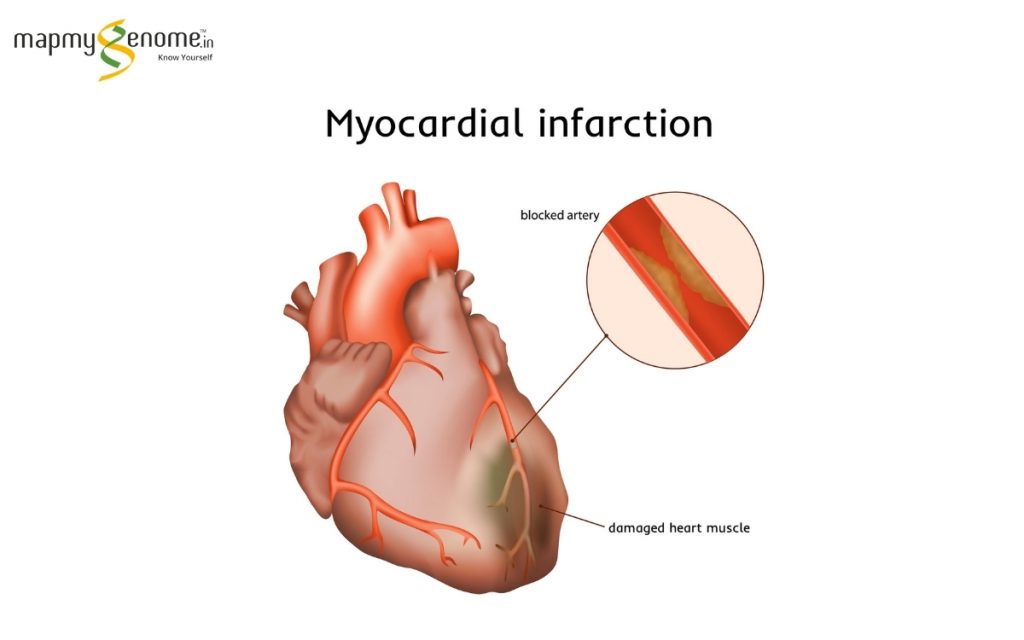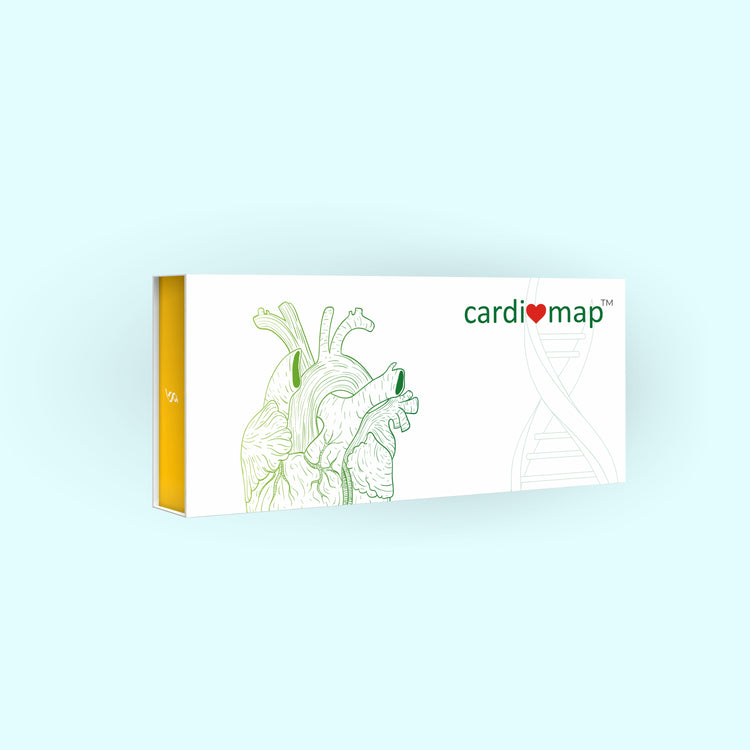Medical Jargon made easy; Part 1
Nov 27, 2020
7688 Views
-Anu Acharya, Mapmygenome
You are in the midst of a conversation at a party and doctors start discussing terms that you don’t understand. My aim is to make them simpler so that you can add to that conversation. If for some reason you learnt greek and latin, medicine would be a cakewalk for you. Remember Hippocrates? He was a greek physician who is known as the father of medicine. I am assuming that you did not learn much of greek and latin but have used many of the words.
Let’s start with the word most commonly used for disease and that is “pathos” or “pathy” literally meaning disease or suffering. So some of the words you hear are neuropathy which is disease of the nerves. But interestingly a word that everyone knows is “sympathy” and it means suffering together. You have also most certainly heard of words like allopathy and homeopathy. Ever wondered what they stood for? Well “Allos” means different or other and it means we treat a disease by drugs having opposite effects from the disease that caused it. Homeo on the other hand means “alike” so one treats with minute doses from what the disease is caused. Interesting right? So one can now understand many of the words like arthropathy that combine arthos meaning joints ( remember arthritis) and pathy. Arthritis reminds me that the word “itis” which also means disease but is accompanied by inflammation. So all words with “itis” like colitis, appendicitis, hepatitis, conjunctivitis are all diseases that have inflammation as part of the problem.

So one of doctors mentions an idiopathic cause and you wonder what that meant? Well simply put it is something that is unknown. So if they mention something like IPF that stands for Idiopathic pulmonary fibrosis, what exactly are they talking about?. A type of lung disease where they do not know the cause. So you are wondering what pulmonary and fibrosis stands for. Pulmonary stands for the lungs so anything that has the words pulmonary, you can safely assume that it has something to do with lungs. Fibrosis means that it has a lot of fibres . So if we have to understand IPF then you know it has something to do with a lot of fibres of connective tissue in the lungs but they don’t know the cause.
Another prefix commonly used in medical terms is “hyper” or “hypo”. If you want to remember this correctly, it may help to think of the hyperactive child who was bouncing off the walls. So hyper means over the limits and hypo is under it. Some examples would be hypertension ( too much pressure in your heart), Hyperthyroid( overactive thyroid), hyperglycemia ( too much sugar in the blood) and hypercalcemia (too much calcium in the blood). The one that probably needs explanation is glycemia. The origin of this word is “glukus” meaning sweet and “aemia” that stands for blood. Now you can understand all the words with glucos, glukus and aemia in them.
Let’s move on to the heart. You have most certainly heard of cardio workouts etc. Well the “cardio” if you haven’t figured it out stands for “heart”. So if you heard a doctor say someone has tachycardia, you figure it has something to do with the heart but what is tachy? Well it is not tacky but means “swift”. So Tachycardia would mean a swift heart? Well sort of. It means you have a fast heart rate. The most common term would be cardiovascular to sort of club diseases of the heart. If you break down cardiovascular, then you understood what cardio is, but what is vascular? Well it basically means the vessels especially that carry blood. So you can understand words like cardiovascular and cerebrovascular? Cerebral as you may know is “of the brain” . Now you can understand ASCVD: Atherosclerotic cardiovascular disease. Well two words are still not clear. Athero and sclerosis. Well athero in greek means “gruel” like substance. Remember porridge or “dalia” in hindi? . And Sclerosis means hardening of body tissue. It also means that resistance to change but if you hear a medical professional say “Atherosclerosis cardiovascular disease” It means there is a hardening of fatty materials under those inner walls and can thus cause heart attacks and the like.

Another popular term is Myocardial Infarction. We can understand there is something with cardio in it, but what about the remaining parts ? Well “Myo” stands for muscle and “Infarction” is tissue death. The word comes from the latin word called “infarctus” that means stuffed into. So if we put all the words together, it means that the blood supply is being cut off from heart muscle causing death of the tissue. Essentially it means a “heart attack”. If you are in India, you have likely heard of Ischemic . This word comes from “iskhein” that means “to restrict” and
`aemia` that we discussed earlier meaning blood. So an Ischemic heart disease is a heart disease where the blood is restricted.
Some common prefixes added to diseases include chronic and acute. What do those mean? Well “acute” stands for sudden and severe and chronic means it lasts for a long period of time. The word chronic comes from “chronos” meaning “time” which if you may remember is a depiction of father time as an old bearded person in greek mythology.
Lets move to other organs like the kidneys. In medical parlance anything related to kidneys is known as “renal”. The fancy word for cancer is known as “carcinoma” and the word for gland is “adeno” and “entero” is the small intestine etc.
I think that is enough jargon for a day. Will add on more in part 2. Below is a summary of the words we discussed.
The list we discussed today
- Neuropathy: Disease of the nerves
- Arthritis: Inflammation of the joints
- Arthropathy: Disease of the joints
- Adenopathy: Enlargement or disease of any gland
- Allopathy: Treatment of disease by with drugs having effects opposite to the symptoms
- Arthropathy: Is disease of the joints
- Cardiopathy: A disease or disorder of the heart
- Enteropathy: A disease of the intestine, especially the small intestine
- Homeopathy: A system of complementary medicine in which disease is treated by minute doses of natural substances that in a healthy person would produce symptoms of disease
- Hydropathy: The treatment of illness through the use of water
- Myelopathy: A disease of the spinal cord
- Myopathy: A disease of muscle tissue
- Osteopathy: A complementary medicine that treats medical disorders through the manipulation and massage of the skeleton and musculature
- Psychopathy: Mental illness or disorder
- Retinopathy: Disease of the retina which results in impairment or loss of vision
- Idiopathic: Unknown cause
- Essential: Similar to idiopathic — relating to unknown causation e.g. essential hypertension.
- Hypertension: High blood pressure
- Tachycardia: Fast Heart rate
- Cardiovascular: Relating to the heart and blood vessels.
- Cerebrovascular: Relating specifically to the brain and its blood vessels.
- Cerebrovascular Accident (CVA): A stroke, sometimes used to refer to the bleeding type but not always, in a stroke a part of the brain is deprived of blood due to either a blockage of a blood vessel or bleeding/pressure.
- Myocardial Infarction: A heart attack, part of the heart muscle is deprived of blood due to a blockage of one or more of the arteries which feed it blood, can also occur as a result of blood loss.
- AMI: Acute myocardial infarction (heart attack)
- ARDS: Acute respiratory distress syndrome.
- ARF: Acute renal (kidney) failure.
- ALL: Acute lymphoblastic leukemia.
- Carcinoma: Another word for cancer.
- Ischaemic Heart Disease: Means coronary artery disease or basically disease of the heart arteries where it is restricted.
- Tumour: Means a swelling or mass and is often used for cancers.

